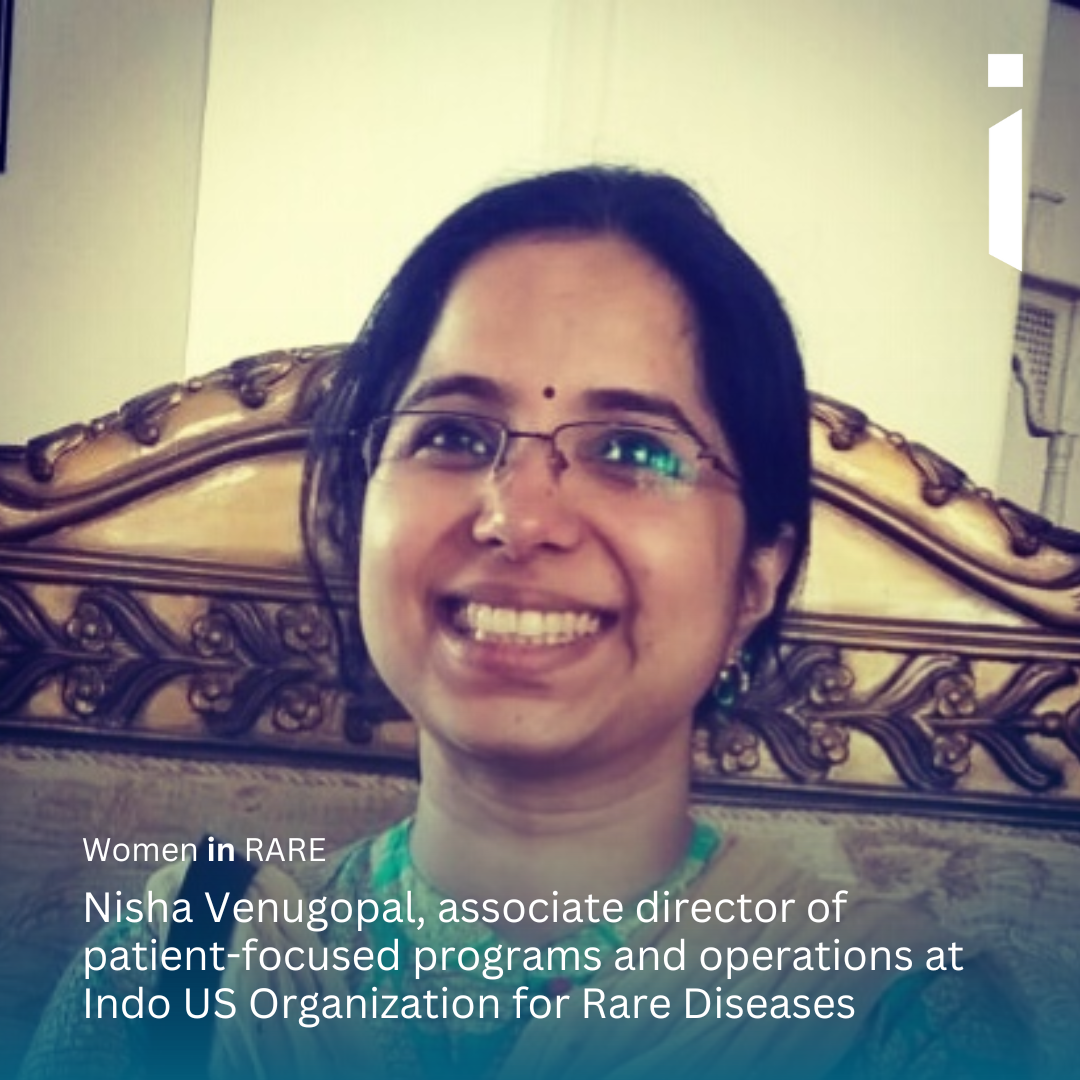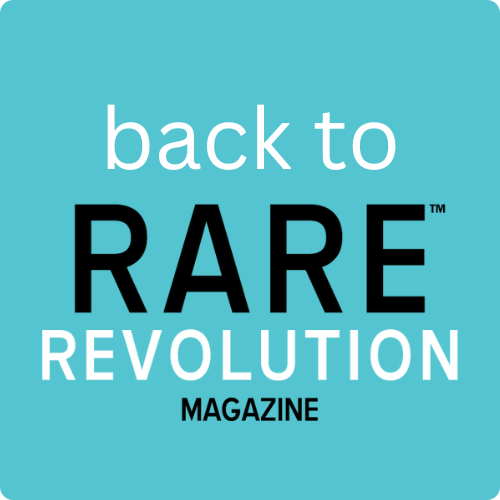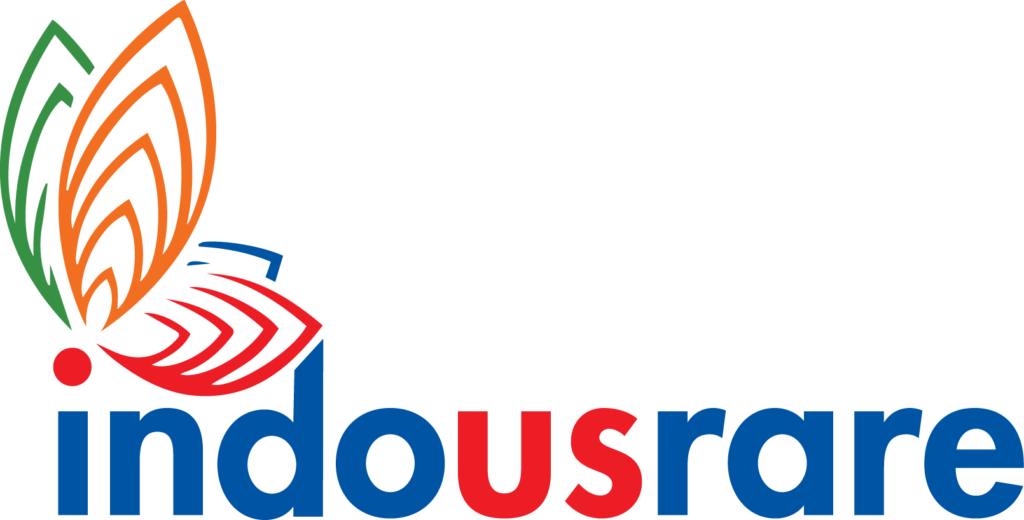Nisha Venugopal of Indo US Organization for Rare Diseases
Estimated reading time: 5 minutes

“Seeing first-hand how patients drive research in the rare disease space was eye-opening. It was at that moment that I realised my true calling—patient advocacy.”
I am a trained cell biologist with a PhD in Life Sciences from the CSIR – Centre for Cellular and Molecular Biology (CCMB), India, where I studied the role of the primary cilium—the cell’s antenna—in adult skeletal muscle stem cells. My postdoctoral research at the Institute for Bioinformatics and Applied Biotechnology, India, involved analysing global clinical trial registries.
I joined IndoUSrare in a part-time role and then transitioned to a full-time position, motivated by the need for patient-centered research and advocacy. Over the past five years, I have worked to bridge the gap between research, policy and patient advocacy, ensuring that scientific advancements translate into meaningful impact for the rare disease community.
What motivated you into your chosen career path?
From early in my career, I was struck by the divided and siloed nature of rare disease research. As a young graduate student, learning about genes that affect muscle regeneration, I felt the need to connect my work with those who would ultimately benefit from it. That was my first brush with RARE and with patient advocacy.
However, despite working on rare disease-related research, I had no direct connections with patients. That changed when I attended a conference in Europe, organised by a coalition of patient groups. Seeing first-hand how patients drive research in the rare disease space was eye-opening. It was at that moment that I realised my true calling—patient advocacy. I have dedicated my career to ensuring that the patient voice is central to rare disease research and policy.
What do you see as some of the opportunities as a woman in your field?
There is a growing need for trained scientists in the rare disease space. Today, opportunities are emerging for women to lead in research, non-profits and entrepreneurship. Various grants and funding initiatives now support women transitioning into these fields, creating a pathway for increased representation and leadership.
The Covid-19 pandemic has also had an unexpected positive impact by normalising remote work. This shift has opened doors for many women who previously faced barriers to employment due to caregiving responsibilities.
Flexible work environments allow women to contribute meaningfully to research, policy and advocacy without the traditional constraints of office-based work.
In India, rare disease advocacy is gaining momentum, providing new avenues for women to engage in policy discussions, community-building and patient support initiatives.
What are some of the barriers to success as a woman in your field?
As in any field, women in RARE face a big barrier of the elusive work-life balance—managing the equally demanding roles of caring for a family and the high pressure of a career. But in this field of rare disease advocacy, it is more acutely felt as, more often than not, the women are also the primary or only caregivers for a patient with a rare disease, and working in a rare disease non-profit is high stakes emotionally. Despite these challenges, women continue to play transformative roles in rare disease research and advocacy.
Learning from powerful women and being part of this amazing global village that is the rare disease community is what powers me at work every day. “If I have seen further, it is by standing on the shoulders of giants.” (Sir Isaac Newton)
What is one piece of advice you would give your 10-year-old self?
Pick a sport—go outside and play for a while longer—this will help keep you on track for physical fitness and mental well-being.
Can you tell us about your current work priorities and focus or a particular project you are working on?
At IndoUSrare, I lead various patient-focused programmes that aim to improve the patient experience across different phases of their rare disease journey—accelerating access to expert advice, diagnosis and treatment, and facilitating care navigation and clinical trial participation through a tech-enabled concierge programme. I collaborate closely with both patient groups and individual patients providing essential support, resources and information.
My expertise in cell biology, policy research and science communication allow me to contribute effectively to research initiatives and patient advocacy efforts at IndoUSrare—projects that highlight the importance of patient-centric approaches and cross-border collaborations to address rare diseases as a global public health issue that needs local solutions. Our work has been published in reputed peer-reviewed journals and presented at national and international conferences, allowing me to share insights from my work with the scientific community.
Patient education and empowerment are at the core of my work. The focus is to connect with patients and provide them with verified information, resources and support through outreach and education programmes. I have been part of the patient engagement committee of the Drug Information Association (DIA PEC), as a DIA Patient Scholar; I am part of health equity working groups at international forums such as Global Genes, Rare Disease Diversity Coalition (RDDC), and the Undiagnosed Diseases Network International (UDNI), where I work to amplify the voice of the Indian diaspora.
Through these efforts, I strive to ensure that rare disease patients, regardless of their geographical location or background, have access to the care, support and opportunities they deserve.
Connect with Nisha
Women in RARE is a celebration of women working in the RARE space in science, research, industry and advocacy. To access more Women in RARE articles click below.


